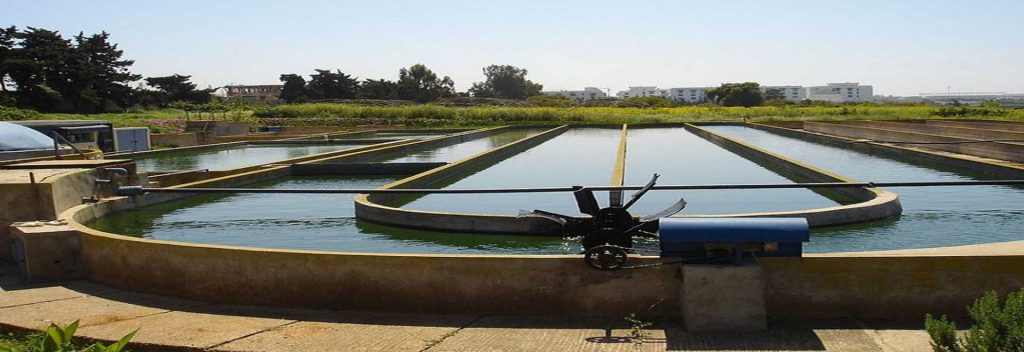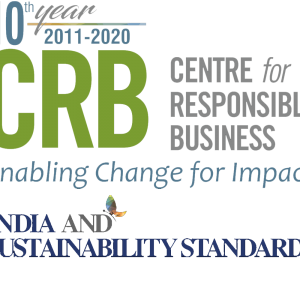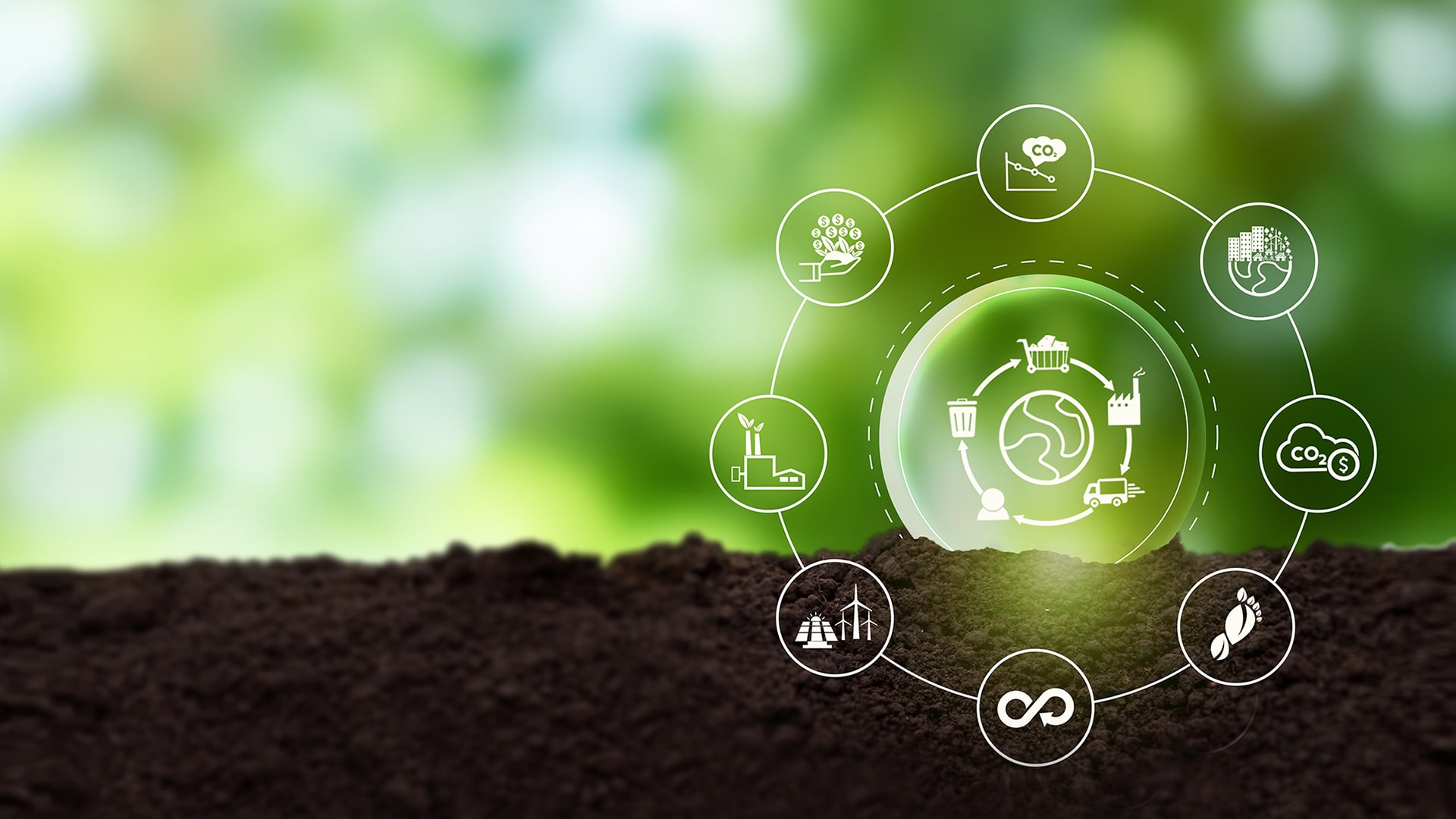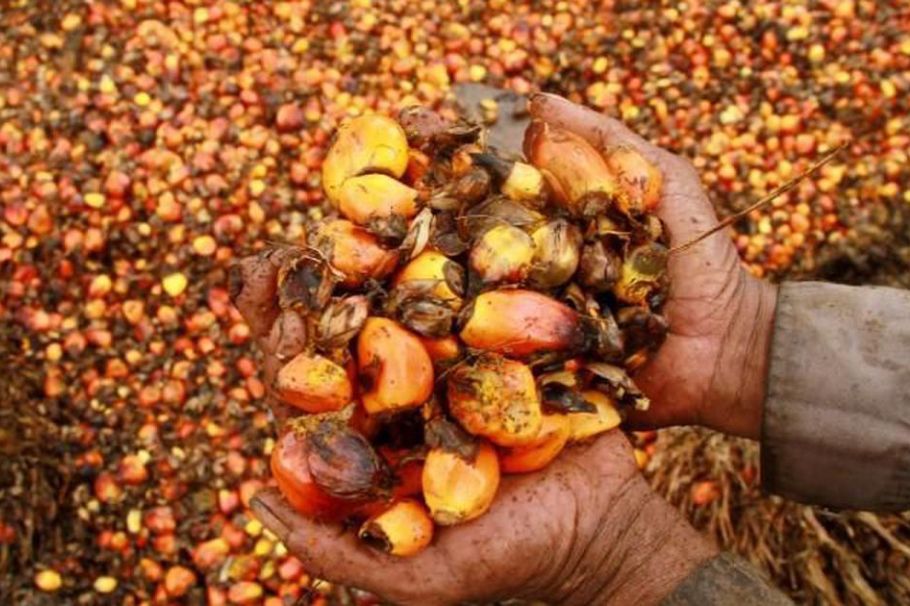The Indian textile industry is fragmented and diverse, both in terms of capacity and types of materials handled.
This results in highly varied wastewater profiles, not only across different units but also within the same unit. The choice of treatment technique and equipment, therefore, would depend upon the characteristic of wastewater generated (salt content, dyes, hazardous chemicals, etc.) and the output (water released by the units) parameters as dictated by the industrial norms (BOD, COD, pH, etc.) set by the state pollution control board or other designated bodies.
Wastewater treatment follows various stages, known as pre-treatment (removal of grease, grit, etc.), primary treatment (removal of TDS), secondary treatment (removal of chemicals and bacteria through aerobic and anaerobic treatment) and tertiary treatment (removal of colours, salts, residues, etc.)
Common Effluent Treatment Plants (CETPs) are commonly deployed to treat textile wastewater in all clusters in India. They enable small and medium units to economically treat and dispose their wastewater. Every unit is required to treat their wastewater to meet certain specifications, before releasing it to the designated CETP. The CETPs then process the water using a combination of techniques and release it to designated waterbodies or streams, or for agricultural use. In some cases, water from CETPs is reused in some processes in textile units as it meets the input criteria for the industry.
In most of the textile clusters in India, CETPs are running at capacity or are not effective enough as they handle wastewater volumes above their rated capacity. This hampers the ability of clusters to treat their wastewater adequately before releasing it in the environment. As a result, in many clusters ZLD (zero liquid discharge) have been made mandatory for new units. ZLD is a multi-stage process which enables water reuse though pre-treatment, reverse osmosis, etc. The leftover sludge is crystallized (or the water content is evaporated) and disposed.

ZLD is an expensive process. But its use has been necessitated in many locations not only due to lack of CETP capacity but also because of dwindling water supply across the country. With depleting groundwater levels and inadequate flow in rivers and streams, ZLD allows industries to sustain.
As the central and state governments in the country look to curb pollution of soil and water bodies, as well as promote reuse of industrial wastewater, it is necessary that textile units are provided adequate incentives (subsidies, rebates, etc.) to support them in installing suitable/ appropriate water treatment and pollution prevention devices. These incentives should be broad and customizable for individual units/clusters, based on their unique requirements. A “one size fits all” solution won’t be effective, given the variety of wastewater characteristics and volumes across units.
This blog is part of a series of blogs aimed at increasing awareness on textile wastewater reuse. Click here to read other blogs in these series.













































































































